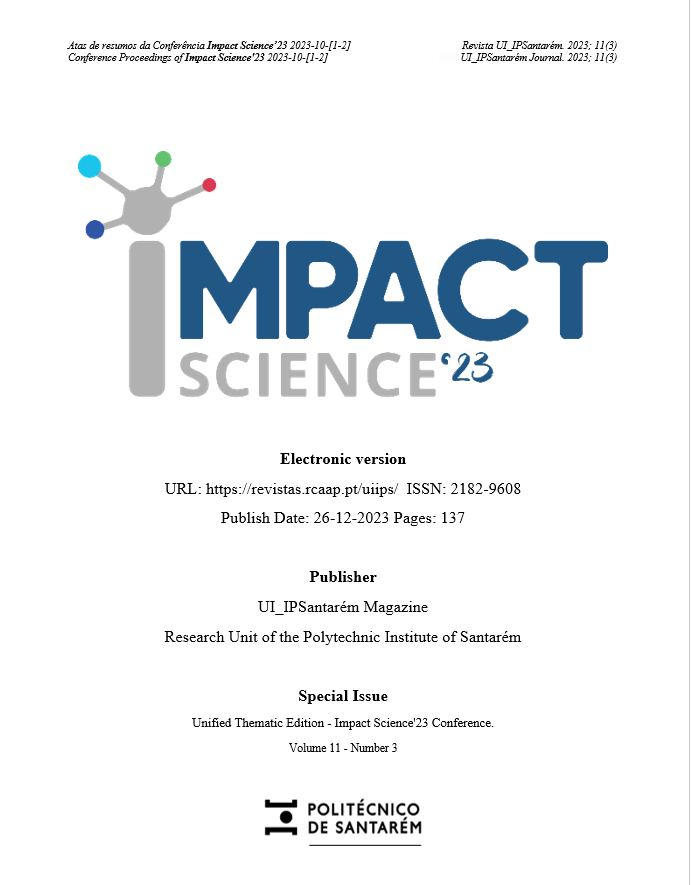Perspectives of health professionals in the area of vegetarian food diversification in the latent: a scoping review
DOI:
https://doi.org/10.25746/ruiips.v11.i3.32017Keywords:
Keywords: vegetarian diet; early childhood; Healthcare professionals; child development.Abstract
Introduction
Food is a strong determinant in health, an act of expression of affection and an important aspect of individual and social behavior (DGS, 2015). Along with a wide range of updates related to food diversification in the latent, there is a paradigmatic and cultural change, integrating new food trends into family diets. On the other hand, there is evidence of the health benefits of consuming foods of plant origin (Baroni et al, 2018) and for the sustainability of the planet (APN, 2017). In primary health care there are several situations of consultations, in which parents assume themselves practitioners of a vegetarian diet, which they intend to reproduce in the food diversification of their children, being possible this adaptation, provided that they have knowledge of the guiding nutritional principles, as well as training for the purchase and confection of food (ESPGAN, 2017; APN, 2018).
Objective
Due to the need identified in clinical practice, this study aimed to systematize the perspectives of health professionals in the vegetarian food diversification of the latent, in order to sustain measures to improve the quality of care.
Methods
According to the methodological principles of a "Scoping Review", the following question was defined: "What are the perspectives of Health Professionals regarding the introduction of new food trends in the latent?". The EBSCO and PUBMED platforms were used, based on the PRISMA protocol, and the terms as descriptors MesH Browser were measured and validated, from which 13 articles were extracted.
Results and Discussion
With this review, it was possible to map in two groups of articles, one related to dietary guidelines and the other referring to the importance of interventions, the most current scientific evidence and identify parallels between the studies found, norms of the reference entities and clinical practice, promoters of a more supported nursing intervention.
Conclusions
The results obtained are relevant to better train the families, by specialized professionals and holders of adequate training. It is important to produce more knowledge, with emphasis on adequate planning and monitoring of the diet in the latent, in order to mitigate the risks of nutritional deficiencies, with adequate and individualized supplementation, which may compromise the development of the child.
Downloads
Published
How to Cite
Issue
Section
License
Copyright (c) 2023 Joana Miranda, Liliana Borges, Celeste Godinho

This work is licensed under a Creative Commons Attribution-NonCommercial-NoDerivatives 4.0 International License.
Authors publishing in this journal agree to the following terms:
Authors retain copyright and grant the journal the right of first publication, with the article simultaneously licensed under the Creative Commons Attribution License that allows sharing of the work with acknowledgement of authorship and initial publication in this journal.
Authors are permitted to enter into additional contracts separately for non-exclusive distribution of the version of the article published in this journal (e.g., publish in an institutional repository or as a book chapter), with acknowledgment of authorship and initial publication in this journal.
Authors have permission and are encouraged to publish and distribute their work online (e.g., in institutional repositories or on their personal webpage) at any point before or during the editorial process, as this may generate productive changes, as well as increase the impact and citation of the published work.



